Warning: this piece is graphic and harsh. jcs
Smoking and drinking caused the cancer, which Ed ignored for a long time. By the time a doctor looked at the hole in his neck, the mass had congealed the base of the tongue to the right side of the jaw and burst through the skin. A steady drip of pink tinged, foul saliva ran down the side of Ed’s neck. Ed, not being able to chew for months, was wasted, and every bone of arm, chest, abdomen, hip, leg could be seen, as if a dried museum display.
Treatment was obvious. Melt the cancer with toxic chemo, dissect and rebuild the side of Ed’s face, leaving a hole to breath, fry the whole thing with mega-voltage X-ray. Straight forward, standard and ridiculous. In his pre-coffin cachexia, Ed would not survive the first milligrams of cancer killing drug, would never heal a surgical wound and would cook in a photon beam.
Thus, the radiation therapist said to the surgeon,
and the surgeon said to the oncologist,
and the oncologist said to the wife,
and the wife said to the patient,
“Ed, it can’t be done.”
“Why,” Ed asked.
“Because, you are almost a skeleton. Your body is nearly gone. The cancer is too large.”
“Build me up. Feed me by tube. Feed me by IV. Make me strong and plump, again,” said Ed, remembering a time when even he had to diet.
“If we feed you, we feed the cancer. Better nutrition, stronger cancer.”
“I have to try.”
“It is too late.”
“I have to try.”
“It will become more horrible.”
“You don’t know me. I am strong. I have to try.”
Thus, Ed said to his wife,
who said to the oncologist,
who said to the surgeon,
who said to the radiation doctor,
“I do not care what you say, I have to try.”
They put a tube in Ed’s stomach, which kept falling out and getting infected because his skin was thin-wet-torn-tissue.
They put an IV in the vein in Ed’s arm and threaded it to his heart and they poured in gallons of fluid, and 100 thousand calories, and kilograms of fat and protein, and an apothecary of vitamins. And the IV kept getting infected and clotted and infection spread and Ed was very sick, for days and weeks. Ed was in the hospital for two months.
Ed gained weight and puffed up. But not muscle or fat or tissue. Just fluid, lots of fluid. Ed was a sick sponge. With bed sores. And a growing hole in his neck.
Nonetheless, Ed was excited that he looked fuller, rounded and he was many pounds more. And, the cancer too was happy, because it ate protein and calories and fat. It came to be that the mass in Ed’s neck got bigger, and the pink, stinking drainage flowed fast.
Then, on the same day the Ed asked the oncologist if it was time to start the chemo, the cancer grew into Ed’s right carotid artery. And the artery, with all that precious blood pumping fast, had a hole filled with cancer. And then, a cork from a bottle, the firehose pressure which had nourished Ed’s brain pushed out the cancer, and the artery burst. The blood driven by Ed’s pounding, fighting, strong heart, sprayed past the cancer and out the hole and erupted across the sheets, floor and onto Ed’s wife as she rushed to his gurgling scream. And, in three minutes, Ed was dead.
And the oncologist, and the surgeon, and the radiation therapist and his wife said, “But, he had to try.” But, as she threw out the red blouse, she tried to remember why.

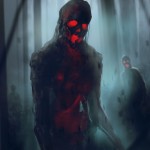
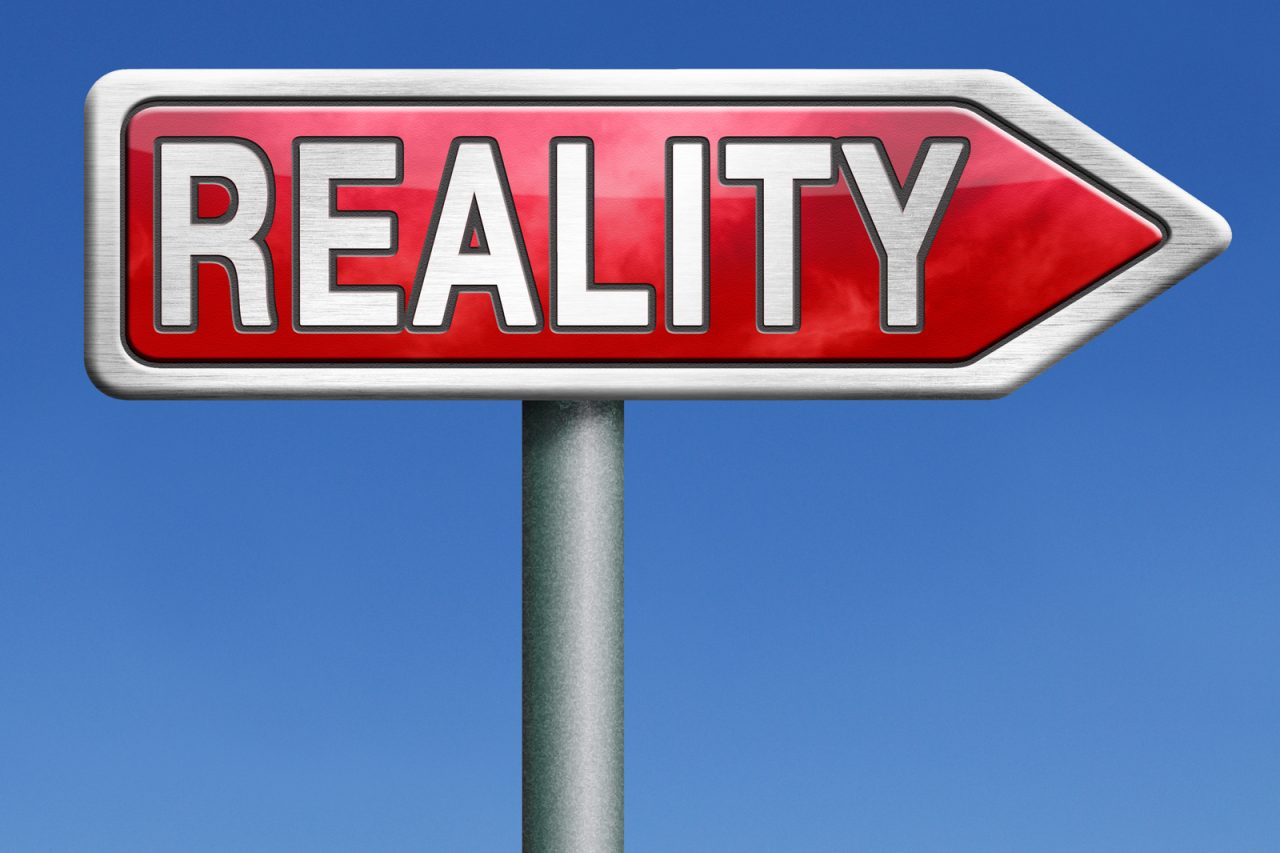
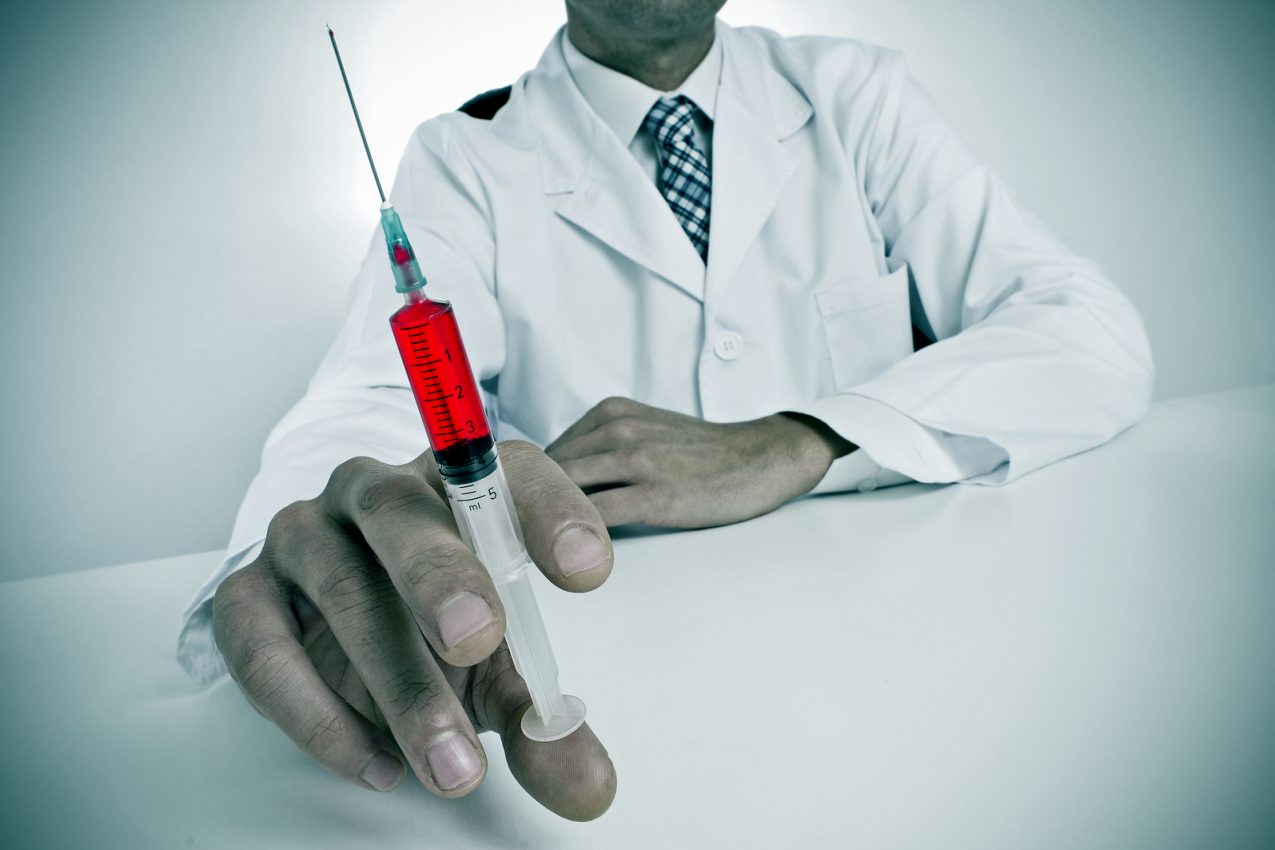
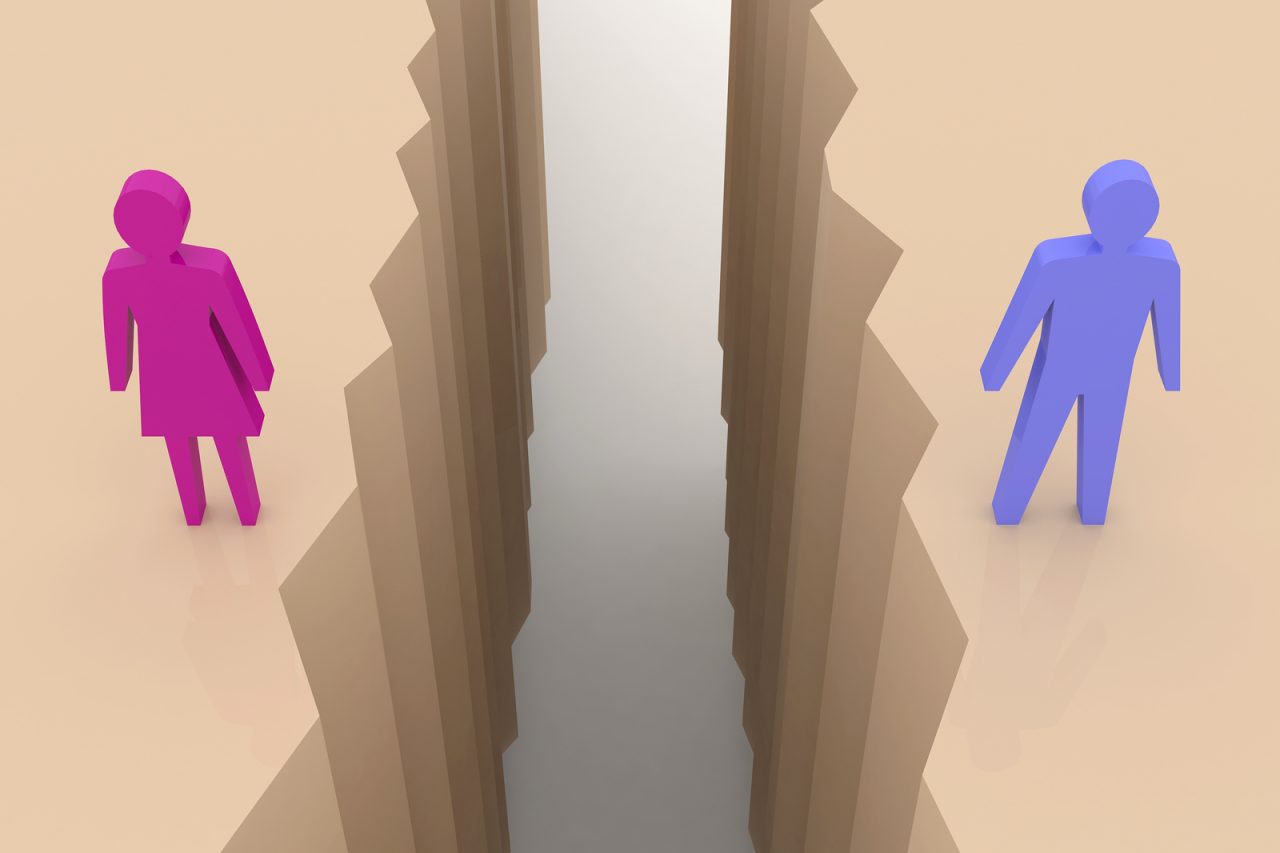
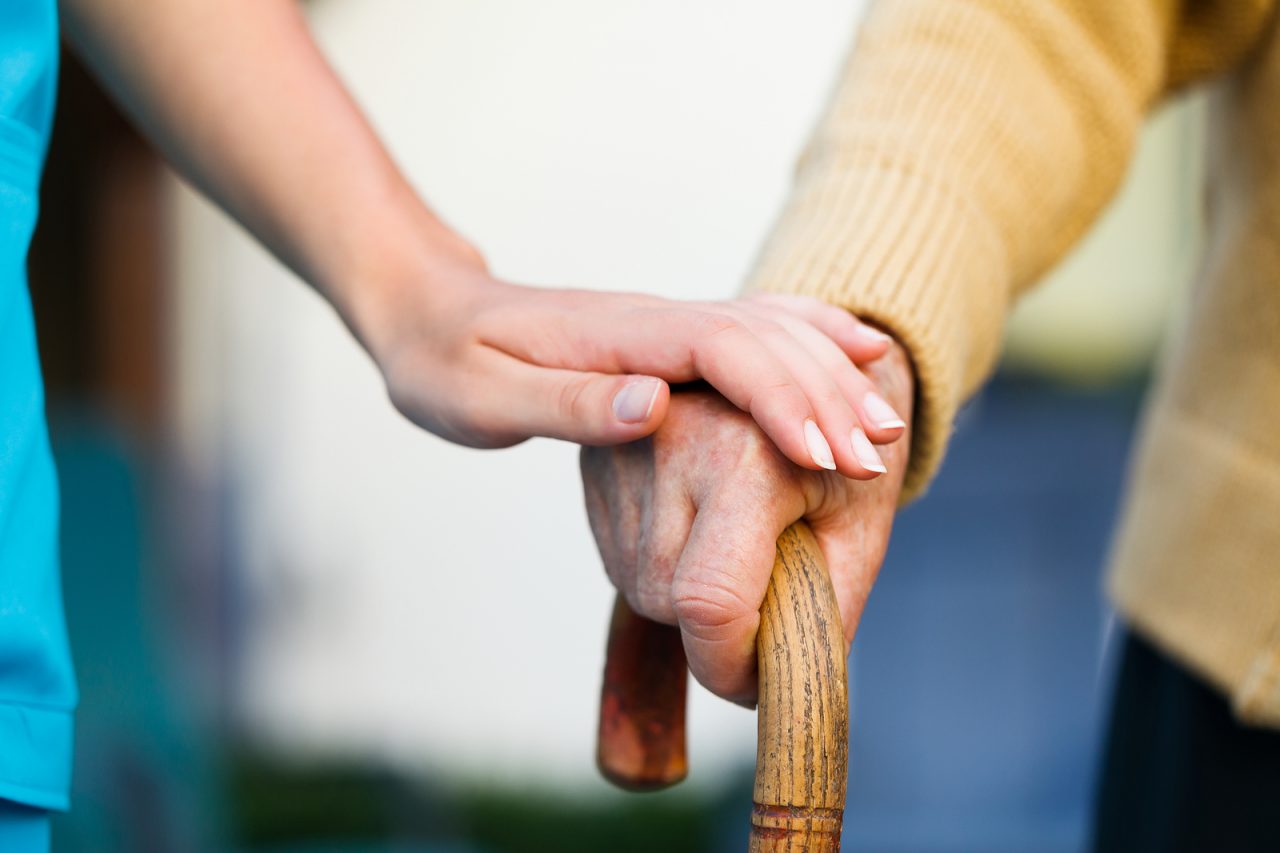
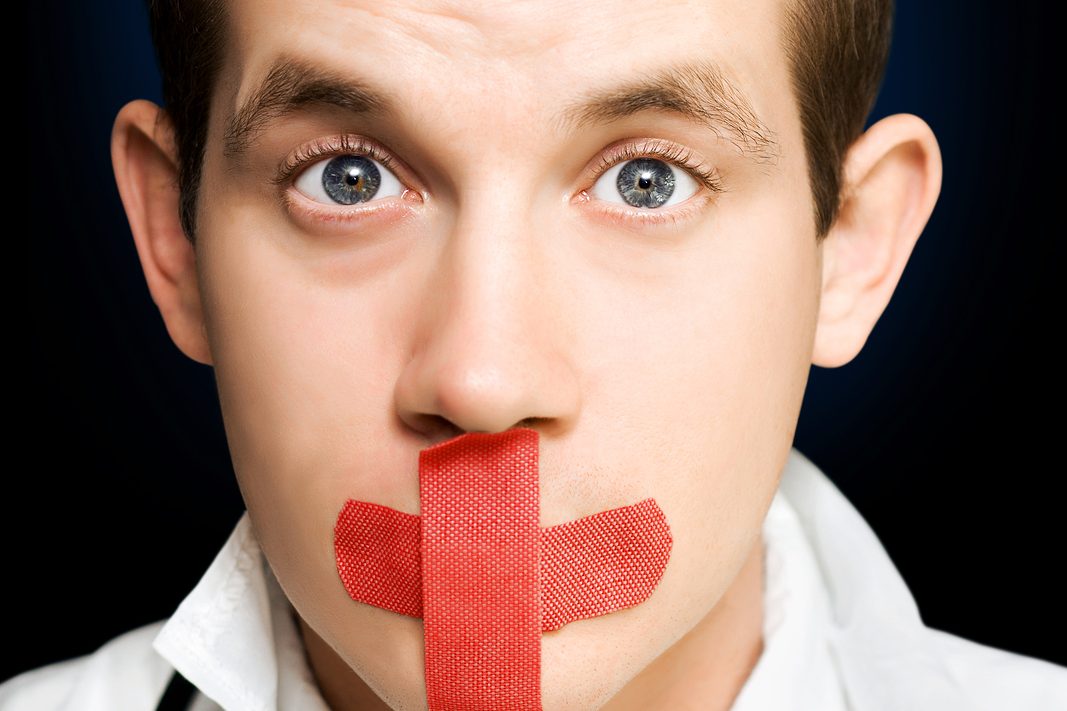
13 Comments